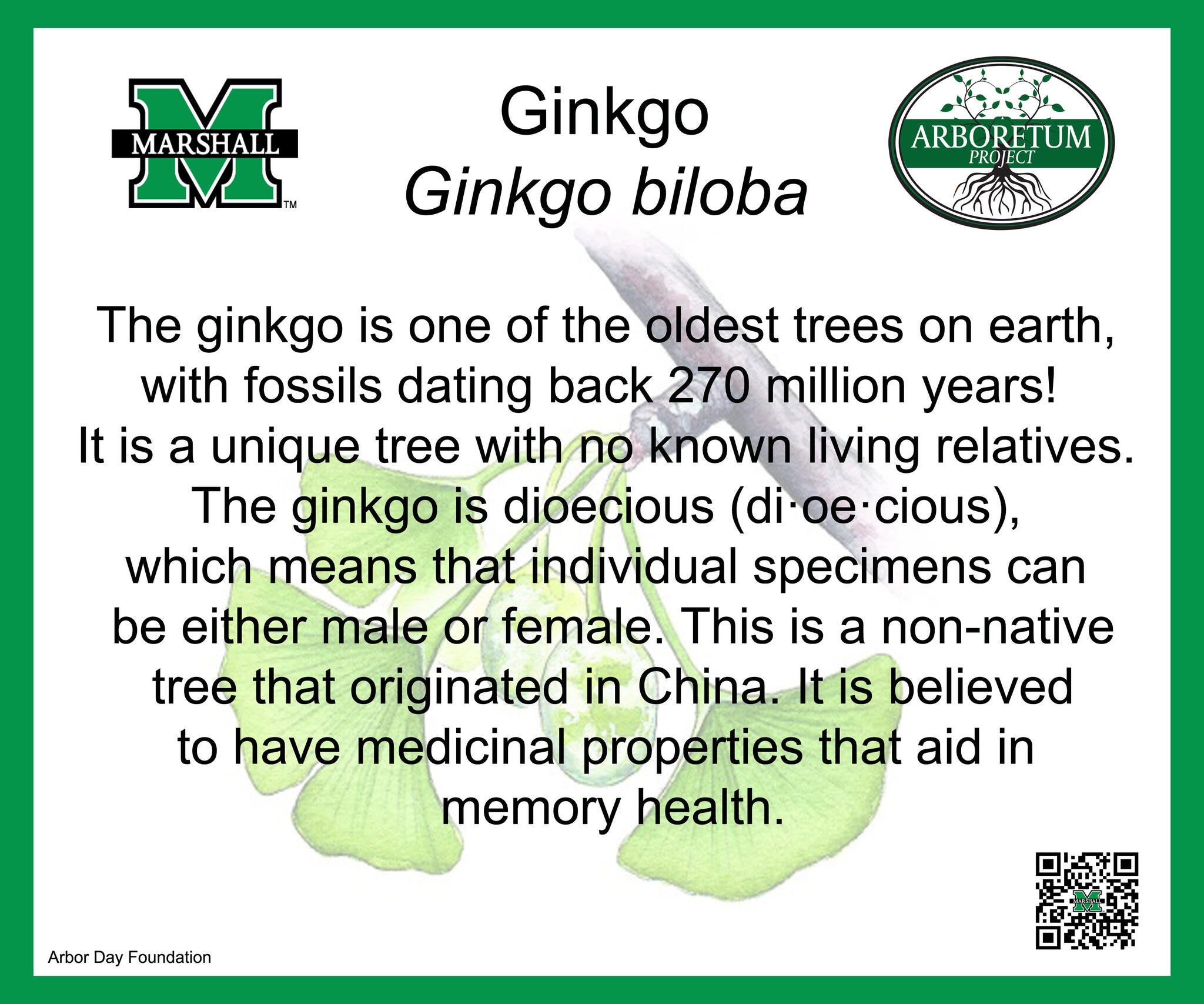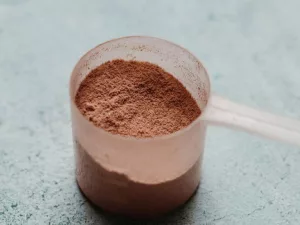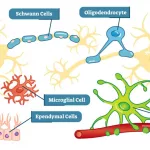Ginkgo biloba, commonly called ginkgo, is abundant in antioxidants. It might help lower inflammation and support heart, brain, and eye health. Still, scientific evidence remains limited.
Ginkgo biloba, also known as maidenhair, is a tree native to China that has been cultivated for millennia for a variety of purposes. As the sole surviving member of an ancient group of plants, it’s often described as a living fossil.
Although its leaves and seeds are frequently used in traditional Chinese medicine (TCM), contemporary research mostly examines ginkgo extract derived from the leaves.
Ginkgo supplements are linked to numerous health claims and applications, many of which center on cognitive function and blood circulation.
Read on for details about the potential advantages of ginkgo biloba.

1. Rich in potent antioxidants
Ginkgo’s antioxidant content may underlie many of its proposed health effects.
Ginkgo is high in flavonoids and terpenoids, compounds recognized for their robust antioxidant activity. Antioxidants neutralize or lessen the damage caused by free radicals.
Nevertheless, the precise extent of benefit from ginkgo’s antioxidant activity is still uncertain.
Learn about foods high in antioxidants.
2. May decrease inflammation
Inflammation is part of the body’s natural reaction to injury or invasion by foreign substances.
During the inflammatory process, various components of the immune system mobilize to combat the invader or repair the damaged tissue.
Some studies indicate that ginkgo extract can lower inflammatory markers in both lab and animal models across a range of disease states.
While these findings are promising, more extensive human trials are necessary before firm conclusions can be drawn about ginkgo’s role in treating these complex conditions.
Learn about anti-inflammatory foods.
3. May enhance circulation and heart health
In TCM, ginkgo seeds were used to open “channels” of energy to different organ systems, such as the kidneys, liver, brain, and lungs.
Ginkgo’s reported capacity to increase blood flow to various body regions could explain many of its reputed benefits.
One study in people with cardiovascular disease who took ginkgo showed an immediate rise in blood flow to several body areas. This was linked to about a 12% increase in circulating nitric oxide, a molecule that helps dilate blood vessels.
Further research is required to fully clarify how ginkgo influences circulation as well as heart and brain health.
Learn about vitamins for improving circulation.
4. May lessen symptoms of psychiatric disorders and dementia
Findings are mixed on whether ginkgo can reduce anxiety, stress, and symptoms tied to Alzheimer’s disease and age-related cognitive decline.
Some trials report a notable slowing of cognitive decline in people with dementia using ginkgo, while others do not replicate that outcome.
A review of 21 studies suggested that, when combined with conventional medication, ginkgo extract might enhance functional abilities in those with mild Alzheimer’s disease.
Another review of four studies identified a meaningful reduction in a range of dementia symptoms when ginkgo was used for 22 to 24 weeks.
Overall, it’s too early to firmly confirm or dismiss ginkgo’s effectiveness for dementia, but emerging research is beginning to clarify the picture.
Learn about dementia treatments.
5. May boost cognitive function and well-being
There is some speculation that ginkgo could improve cognitive function in certain individuals.
A number of studies support the idea that taking ginkgo may enhance mental performance and perceived well-being.
However, a meta-analysis looking at this relationship concluded that taking ginkgo did not produce measurable gains in memory, executive function, or attention capacity.
While ginkgo supplementation might improve certain aspects of mental ability for some people, additional research is needed.
6. May help reduce anxiety
A few animal studies from lab and preclinical settings have shown reductions in anxiety-like behaviors that could be linked to ginkgo’s antioxidant constituents.
Although taking ginkgo might reduce anxiety, current evidence is insufficient to draw definitive conclusions.
7. May aid in treating depression
A randomized trial in 136 older adults found that ginkgo biloba extract could improve depressive symptoms and lower levels of S100B, a marker associated with brain injury, when used together with an antidepressant.
Another trial showed that older adults with post-stroke depression who took ginkgo extract alongside an antidepressant for 8 weeks experienced significantly greater reductions in depressive symptoms than those who took an antidepressant alone.
Nevertheless, depression is a multifaceted condition with many possible causes.
More research is needed to better understand how ginkgo might influence depression in the broader population.
Learn about getting help for depression.
8. May support vision and eye health
Very limited research has examined ginkgo’s effects on vision and eye health.
A study indicated that people with glaucoma who took a ginkgo supplement experienced increased blood flow to the eyes, though this did not necessarily result in improved vision.
A review of two studies assessed the impact of ginkgo extract on the progression of age-related macular degeneration. Some participants reported vision improvements, but these changes were not statistically significant overall.
These outcomes may be tied to increased ocular blood flow.
It’s unclear whether ginkgo would enhance vision in people without existing impairment; more studies are needed to determine whether ginkgo can improve visual capacity or slow degenerative eye disease progression.
Learn about nutrients for improving eye health.
9. May help with headaches and migraine
There is very little research on ginkgo’s ability to treat headaches. Depending on the underlying cause, it might provide relief.
For instance, ginkgo is known for its anti-inflammatory and antioxidant properties. If a headache or migraine stems from excessive stress, ginkgo may help alleviate it.
Also, if a headache is related to reduced blood flow or constricted blood vessels, ginkgo’s capacity to dilate vessels may ease symptoms.
Conversely, some migraine types are triggered by excessive dilation of blood vessels. In such cases, ginkgo could have minimal or no benefit.
More research is needed to determine whether ginkgo may be useful for treating headaches and migraine.
Learn about natural ways to relieve migraine.
10. May improve asthma and COPD symptoms
Some evidence suggests that ginkgo may improve symptoms of asthma and other inflammatory respiratory conditions such as COPD.
This effect is attributed to ginkgo’s anti-inflammatory components, which might reduce airway inflammation and improve lung capacity.
One trial of 75 people examined using ginkgo extract in addition to glucocorticosteroid therapy for asthma management. Levels of inflammatory markers in the saliva of those receiving ginkgo were significantly lower than in those treated with medication alone.
Further research on this particular application of ginkgo is warranted.
11. May ease PMS symptoms
Preliminary studies indicate that ginkgo may help relieve both physical and psychological symptoms of premenstrual syndrome (PMS).
An older 2009 trial of 85 college students reported a substantial reduction in reported PMS symptoms among those taking ginkgo.
The placebo group in that study also showed a modest decrease in PMS symptoms, though it was much smaller, at about 8.8%.
Additional research is required to clarify the causal relationship between ginkgo and PMS symptom improvement.
Learn about supplements for PMS.
12. May address sexual dysfunction
Ginkgo may help with certain forms of sexual dysfunction, such as erectile dysfunction and low libido.
Ginkgo appears to increase levels of nitric oxide, which enhances circulation by widening blood vessels.
Consequently, ginkgo might help some symptoms of sexual dysfunction by improving blood flow to relevant areas.
Some trials investigated ginkgo for sexual dysfunction caused by antidepressants and found it was not more effective than placebo in those cases.
Also, there may be interactions between ginkgo and SSRIs, which could reduce their effectiveness.
A study assessed ginkgo to boost sexual desire and satisfaction in women undergoing sexual psychotherapy. The combination of ginkgo plus therapy was effective over the long term compared with placebo, but ginkgo by itself was not.
Overall, current research does not support using ginkgo as a reliable treatment for sexual dysfunction.
Potential side effects
Consult a physician before starting ginkgo.
Ginkgo can, in some instances, cause serious harm. If you have allergies to products that contain alkylphenols, avoid ginkgo because it may trigger an allergic reaction.
Other possible side effects include:
- upset stomach
- constipation
- headache
- dizziness
- palpitations
- allergic skin reactions
Ginkgo can also interact with certain medications, such as:
- blood thinners (warfarin, aspirin)
- SSRIs/MAOIs/antidepressants (Prozac, Zoloft)
- NSAIDs (ibuprofen, naproxen)
Dosage and supplement forms
Ginkgo biloba is commercially available in these forms:
- capsules
- tablets
- liquid extracts
- dried leaves/tea
Most current studies use standardized ginkgo extract. Do not consume raw ginkgo seeds, as they are toxic.
There is no universally agreed maximum dose; it’s prudent to begin with a low dose and gradually increase to assess tolerance. Speak with a healthcare provider for dosage guidance before taking ginkgo.
Because human research is limited, an evidence-backed safe dosage is not well defined.
The bottom line
Ginkgo biloba offers potential antioxidant and anti-inflammatory effects and may help improve circulation.
However, despite centuries of traditional use, scientific study is still limited. Much of the available evidence is inconsistent or inconclusive, which should be kept in mind.
As with any herbal supplement, risks exist. Ginkgo could cause serious complications if you have an allergy or are taking certain medications.
If you are considering adding ginkgo to your health routine, consult a healthcare professional first.
























Leave a Reply
You must be logged in to post a comment.